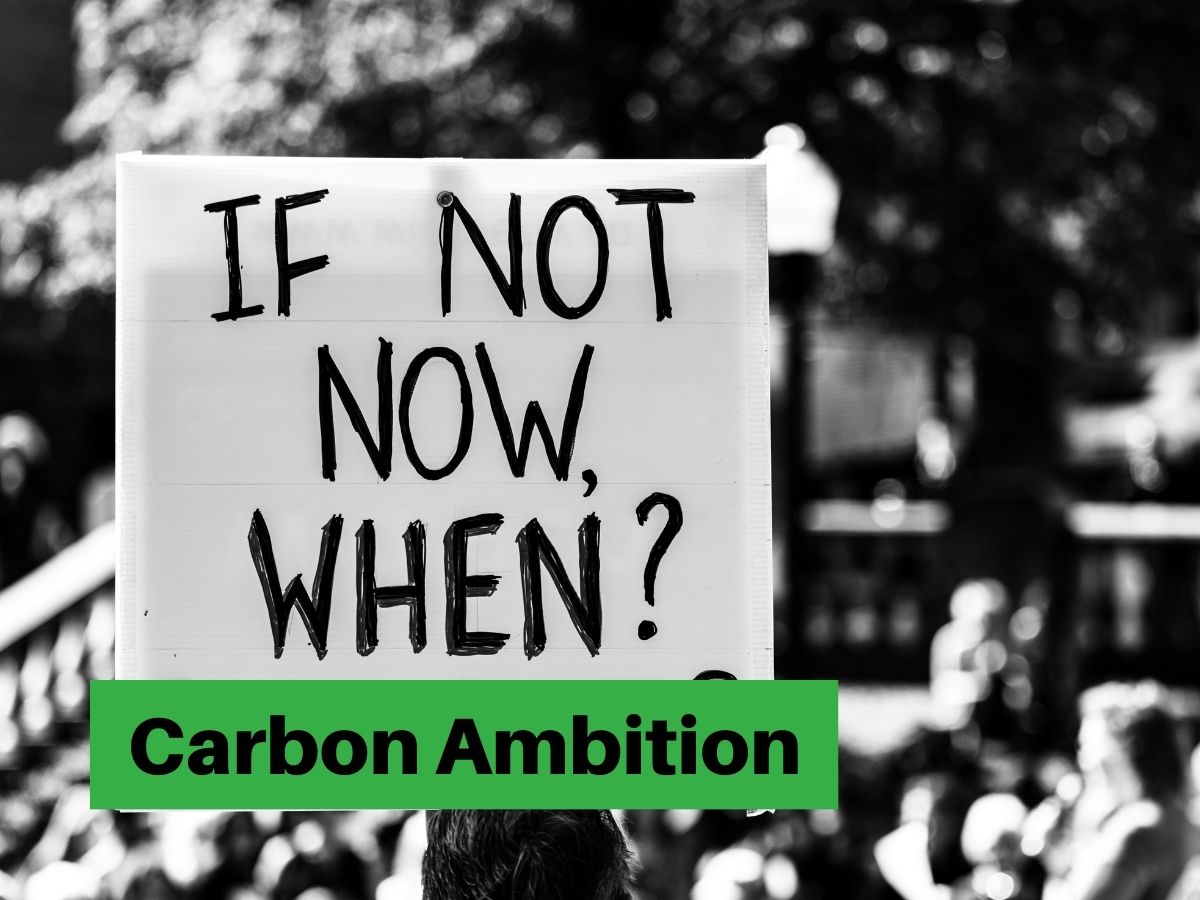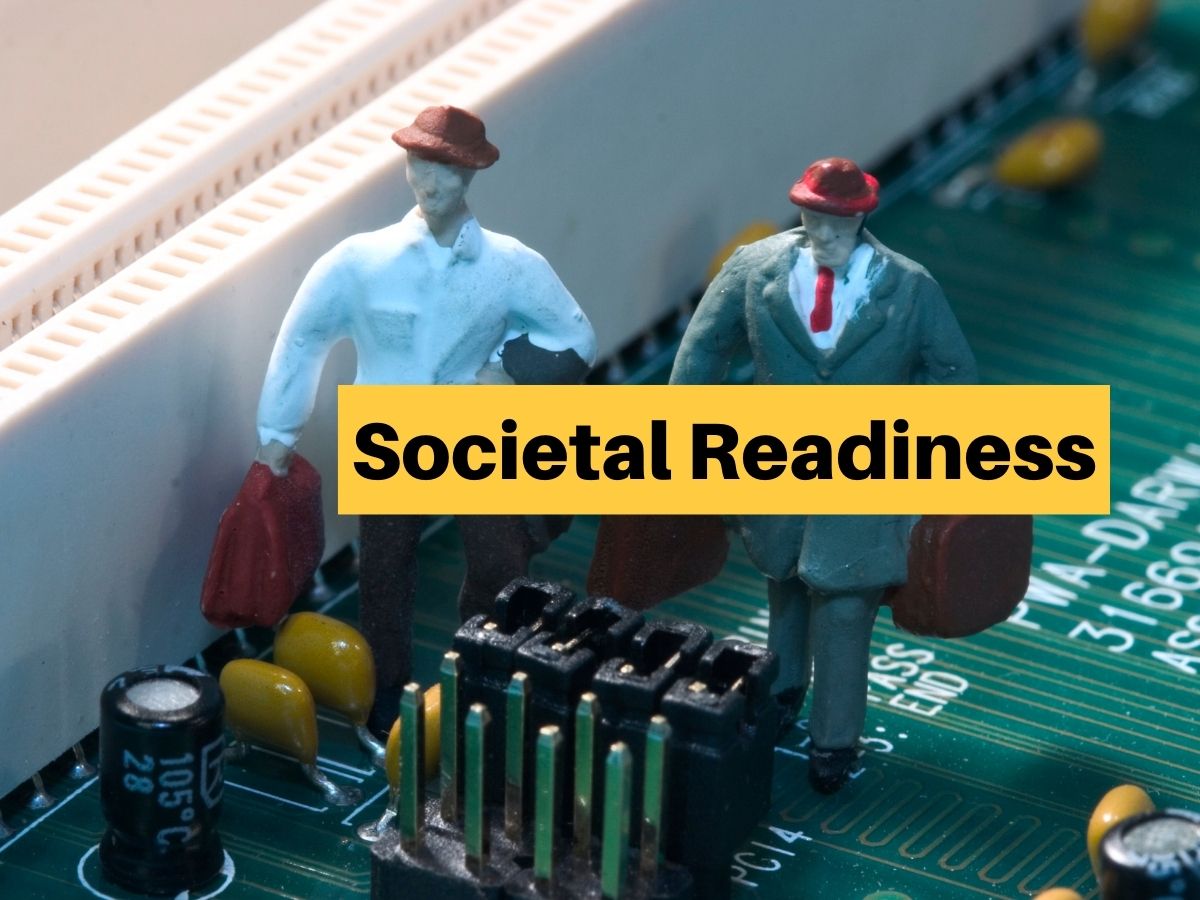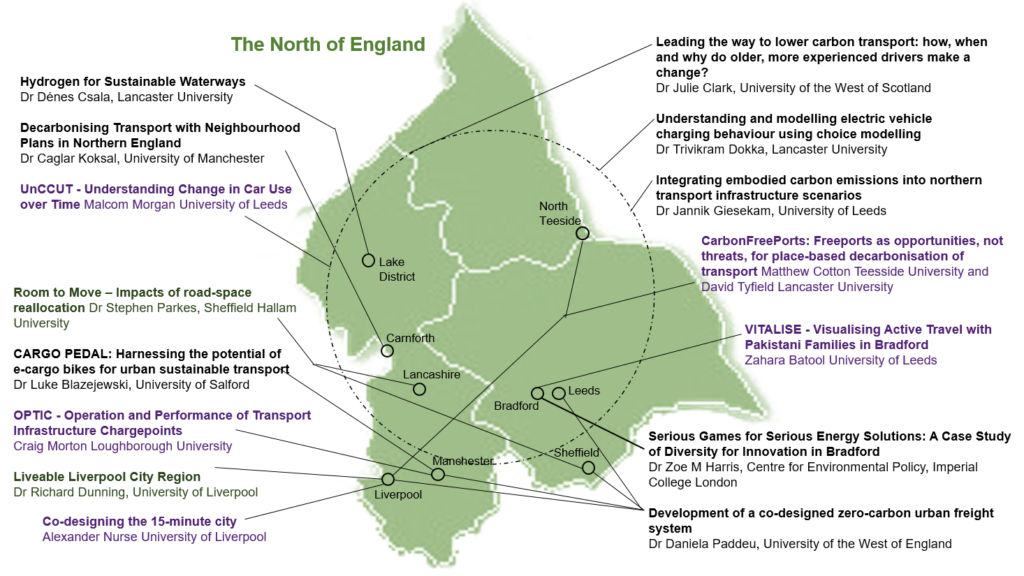Why place?
Research suggests that adopting decarbonisation policies which are adapted to the specific characteristics of places could deliver Net Zero goals at around a quarter of the cost of top-down approaches, require only half of the energy demand and unlock much greater co-benefits (Innovate UK, 2022).
The DecarboN8 research network focuses on the North of England to understand how the differences in historical and geographical context, services, infrastructures, and institutional change capacity that exist across places matter for decarbonising transport.
Rather than seeing ‘place’ as a problem which might impact the roll-out of national policies, DecarboN8 sees place as an opportunity to find ways of meeting our decarbonisation goals that better reflect the realities on the ground.

It is clear that the transport sector continues to lag behind on its key commitments to decarbonisation.
Significant effort is spent on arguing about the right balance of responsibilities, powers and resources which should be held nationally or locally.
DecarboN8 has found that it is co-ordination across different levels of government which matters, as much of transport is neither entirely local or national (Marsden and Anable, 2021).
Our work has shown that there is a need for a carbon budget which is aligned with the IPCC 1.5°C goal and for the distribution of responsibility for action to be shared out in ways which reflect the opportunities or challenges which different areas face (Kuriakose et al., 2022).
A focus on place means exploring the extent to which different innovation pathways fit to society in different place-based contexts.
This involves addressing:
- the readiness for physical system change (e.g. electrification of transport in terraced houses)
- the readiness for economic change (e.g. capacity to participate in new flexible energy markets or access loans)
- the desirability or fit of pathways to wider social needs (e.g. choosing pathways with multiple co-benefits).
DecarboN8 has helped to pioneer a new approach to address this which we call Societal Readiness Assessment (SRA) (Büscher and Cronshaw, 2022).
Our research
DecarboN8 has built a new network of researchers, practitioners and communities who come together to develop place-based approaches to decarbonisation. Our project portfolio provides a treasure trove of exciting studies. Each reflects an important part of the decarbonisation puzzle. Each is set in its own context, reflecting the diversity of places. We hope that these findings and the methods used help inspire new ways of bringing place-based decarbonisation to life.
Supporting innovative research
We asked researchers from the projects we funded “how has your work with DecarboN8 made you think differently about decarbonising transport?”. Here’s what they said:



